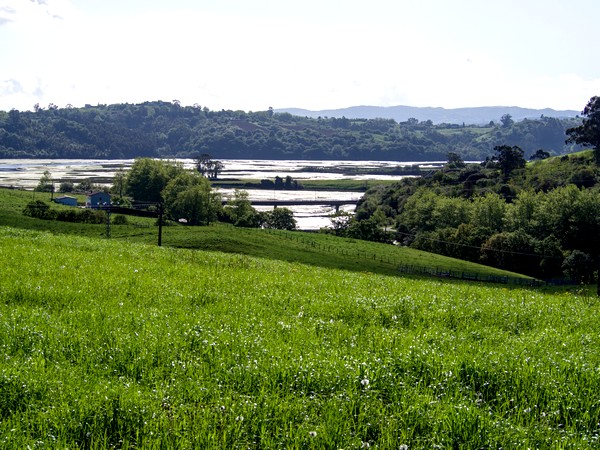
My dearest, once more, a momento musical. As you might be aware, last weekend we celebrated the Schubertíada Cantabria, and I deliberately use this verb because it was a true musical celebration. One of the images I keep for memory is that of the smiles of the public. However, I didn't have the time to finish the article I started, which I'm leaving for another day. This week, only a few words and a Lied by Schubert, a beautiful and little-known piece performed by soprano Johanna Wallroth and Malcolm Martineau in their recital at the Schubertíada.
Erlafsee (The Lake of Erlaf) is a song about the peace that nature conveys, composed upon a poem by Johann Mayrhofer. Schubert only set into music a part of the poem, that tells us of the feeling of plenitude through contemplation of the landscape; a happiness that blends (otherwise it would not be our Mayrhofer), with sadness. Schubert's music is seemingly simple, but full of details (otherwise it would not be our Schubert). The repetition of the first two verses is the icing on a deliciously melancholic musical cake. I hope you enjoy it; the version we're listening to is that of Robert Holl and David Lutz, which I find particularly inspiring.
Mir ist so wohl, so weh’
Am stillen Erlafsee.
Heilig Schweigen
In Fichtenzweigen.
Regungslos
Der blaue Schoss,
Nur der Wolken Schatten flieh’n
Überm dunklen Spiegel hin,
Frische Winde
Kräuseln linde
Das Gewässer
Und der Sonne
Güld’ne Krone
Flimmert blässer.
Mir ist so wohl, so weh’
Am stillen Erlafsee.
I am so happy, and so sad,
by the still Lake Erlaf;
the holy silence
in the branches of the spruce,
motionless
blue depths,
with only the shadows of the clouds flying
over the dark mirror;
fresh winds
gently crease
the water,
and the sun's
golden corona
shimmers more palely.
I am so happy, and so sad,
by the still Lake Erlaf.
(translation by Emily Ezust)


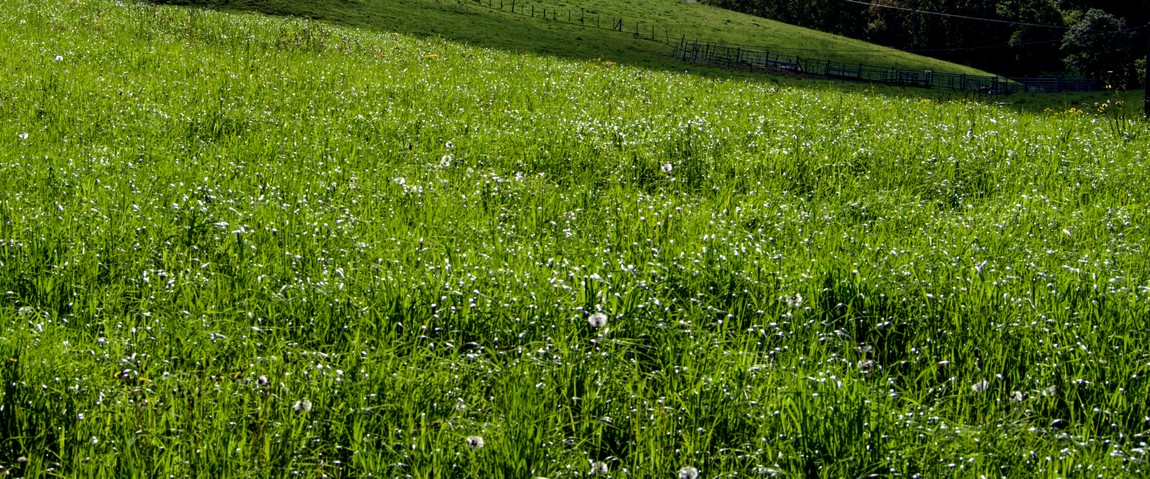
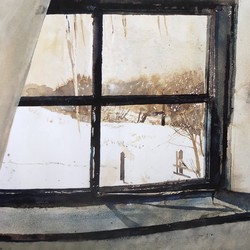
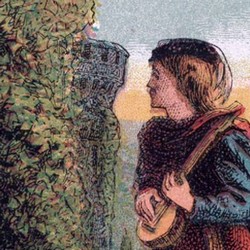
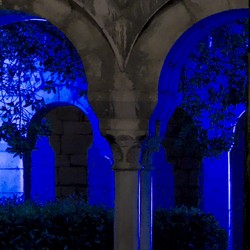











Comments powered by CComment